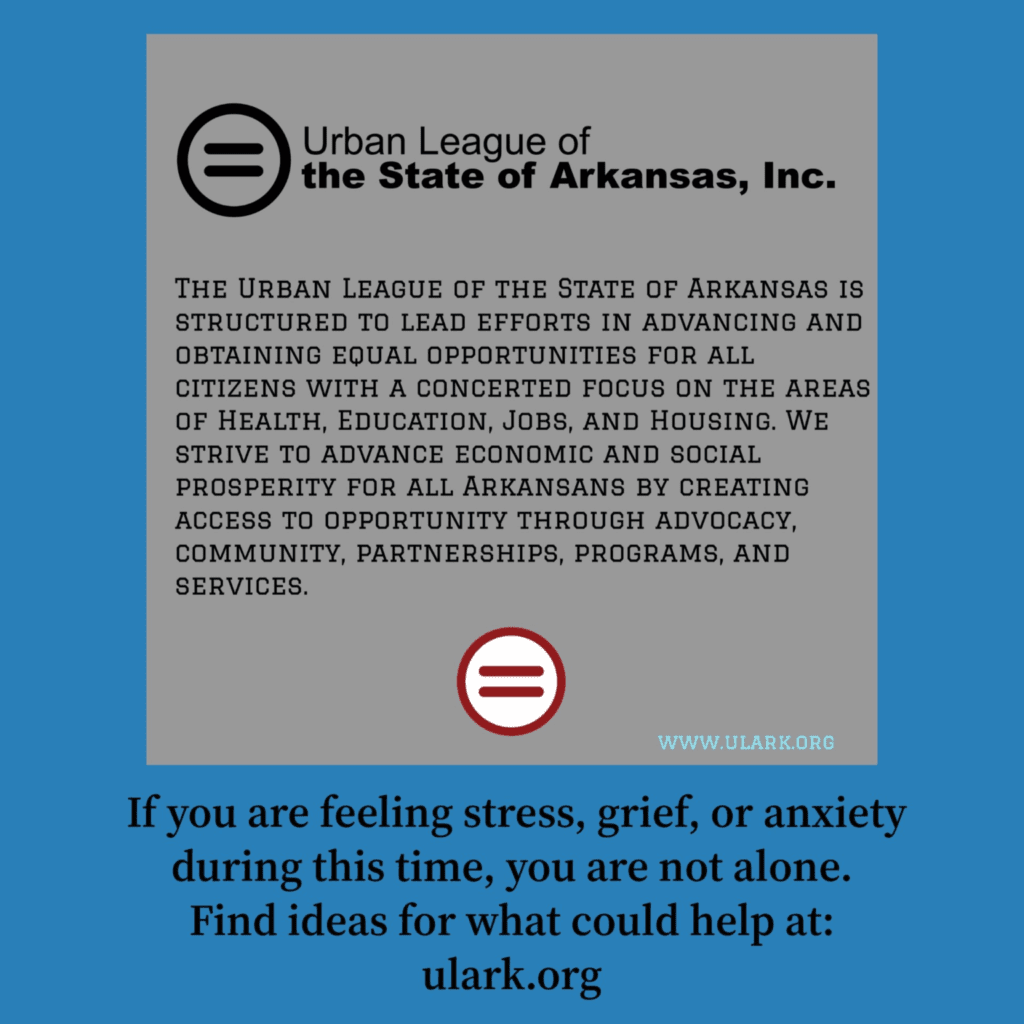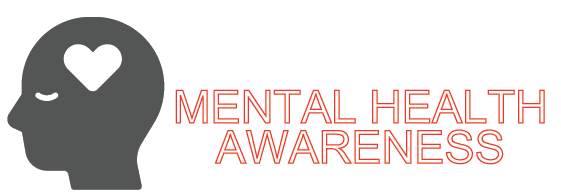Promoting Mental Health


Signs of stress
- Feelings of fear, anger, sadness, worry, numbness, or frustration.
- Changes in appetite, energy, desires, and interests.
- Trouble concentrating and making decisions.
- Nightmares or problems sleeping.
- Physical reactions, such as headaches, body pains, stomach problems, or skin
- rashes.
- Worsening of chronic health problems and mental health conditions.
- Increased use of alcohol, illegal drugs (like heroin, cocaine, or
- methamphetamine), and misuse of prescription drugs (like opioids).
Means of coping
Conversation is a powerful coping tool. Talking with friends, neighbors, and loved
ones about feelings and concerns can relieve stress and promote resilience. You can
use these tools to start a conversation and help someone you care about.
- Gratitude may be the best-kept secret to help reduce stress and feel better.
- Practicing gratitude every day can improve your physical and emotional wellbeing.
- Emotional Wellness – Many of us know we should take breaks throughout the day,
- but we often don’t. We may find it hard because of work or caring for others.
- Even taking 10 to15 minutes is enough to reduce stress. Commit to taking 10 to
- 15 minutes today to do something for yourself.
- Taking Care of Your Body – Eat healthy, get enough sleep, move more and sit less,
- limit alcohol intake, avoid illegal drugs, and smoking/vaping
NOTE: Depending on the number of occurrences and severity of the experience, all
of the above have the ability to be problematic. Talk to someone to seek support.
Get help from a professional. In case of an emergency, get to the nearest emergency
room.
